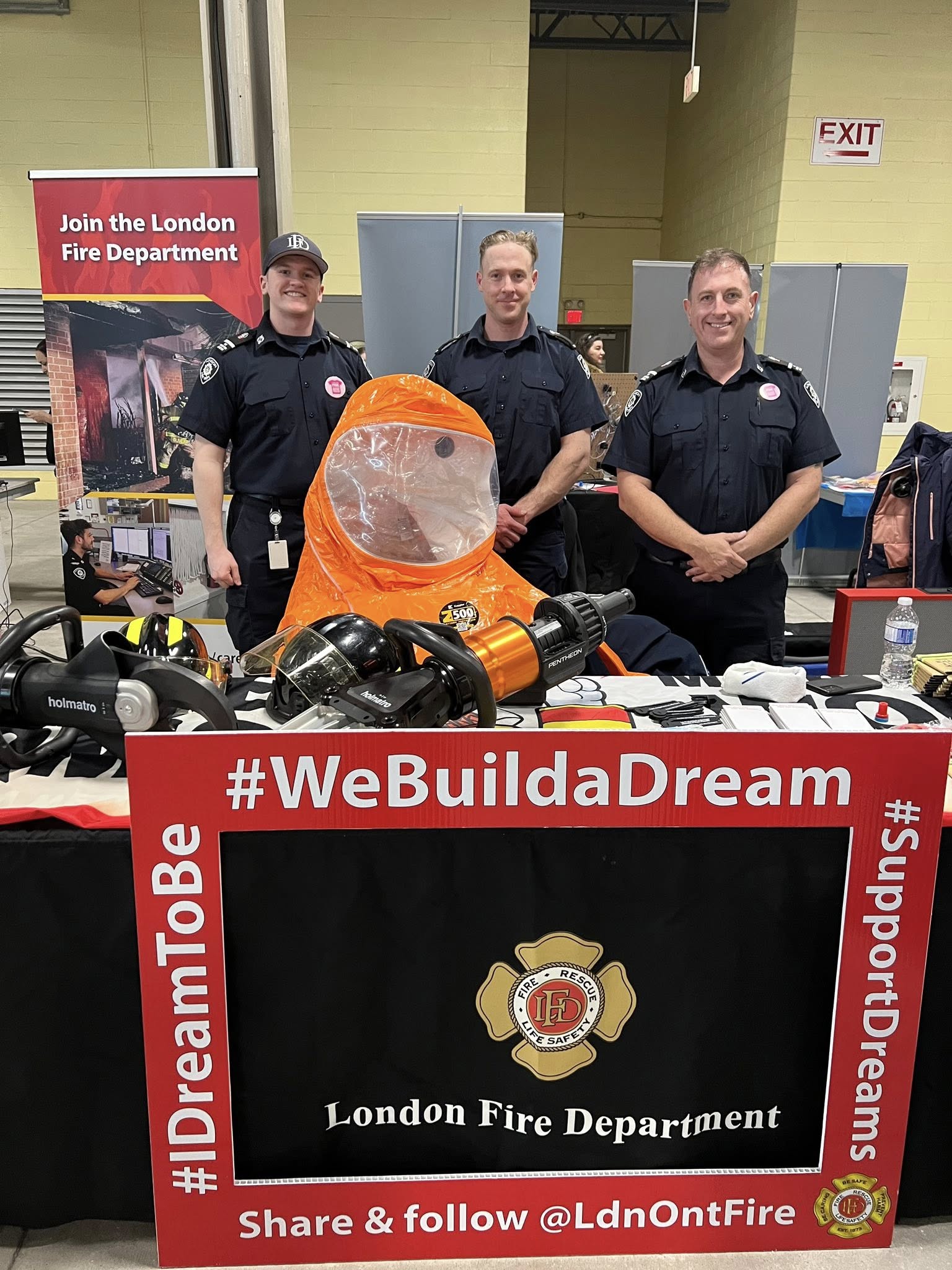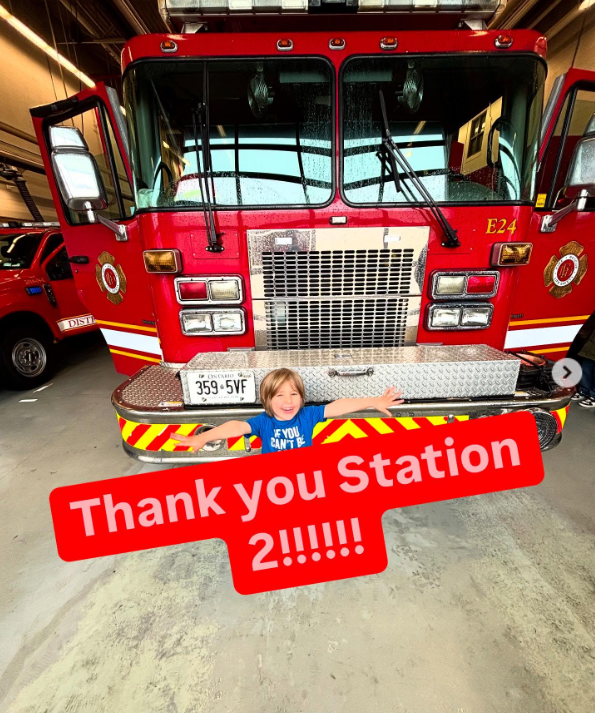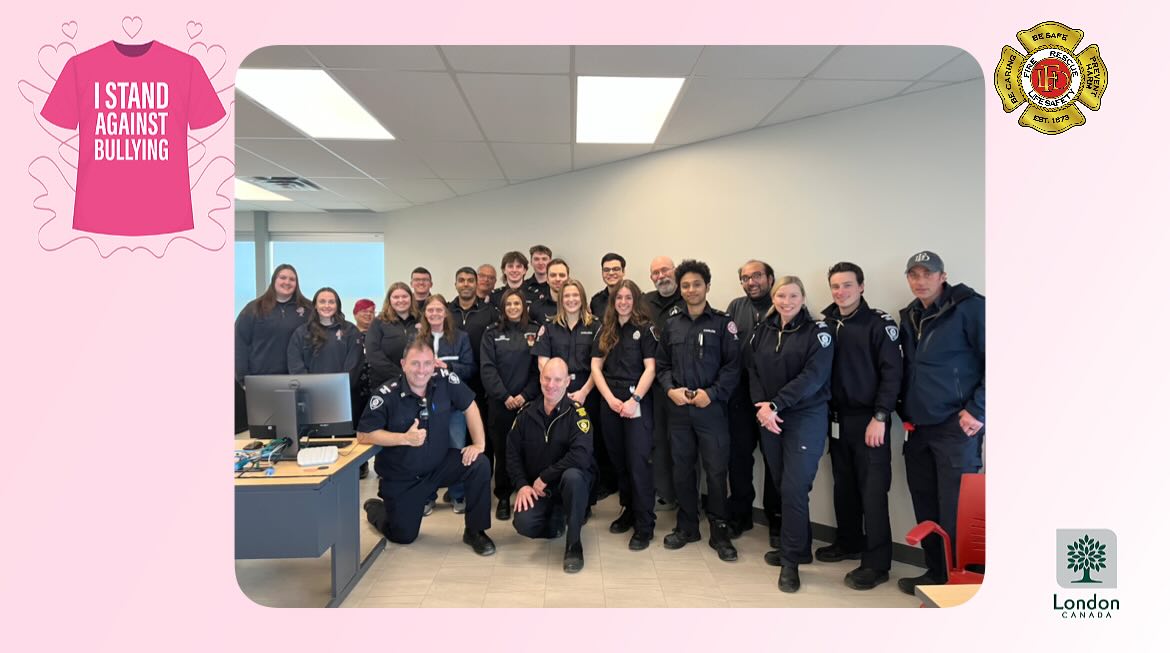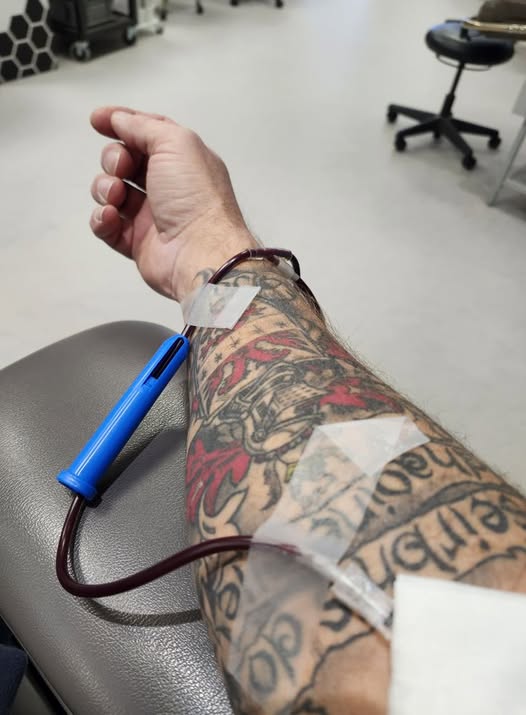Doctors Without Borders: Richard Mommersteeg has swapped fighting fires to help in conflict zones around the world
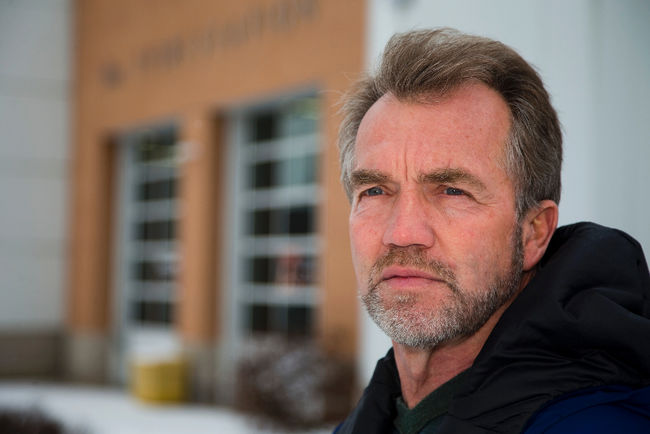
Retired London firefighter Richard Mommersteeg now works overseas in some of the world’s most dangerous places with Doctors Without Borders. (MIKE HENSEN, The London Free Press)
In 30 years as a London firefighter, Richard Mommersteeg was expected to go into burning buildings to put out fires and save people.
Turns out that was just a warmup for his “retirement” career, working for the international medical aid organization Doctors Without Borders, or Medecins Sans Frontieres (MSF).
For the last four years, Mommersteeg has been working in war zones in Africa and most recently Afghanistan, helping to save countless lives, even with the sound of shelling and gunfire in the background.
He works on providing all the services and equipment to allow the doctors and nurses to do their jobs
“I get to be right beside them, watching them save lives,” he said in a London interview. “The babies that survive, the moms who get to go home — it feels good to be a part of that. “
But the stress and danger is constant.
“You’re not the target. But sometimes you are in wrong place at the wrong time.” he said.
Two years ago, American jets mistakenly bombed an MSF hospital in Afghanistan, killing 42 people.
Mommersteeg retired from the fire department in 2012, but even before then he had done some short stints with MSF.
While the agency’s main mission is providing medical aid, it also needs staff like Mommersteeg to handle logistics such as power, water and the maintenance of equipment and buildings.
Mommersteeg was first stationed in the Central African Republic from 2013 to 2014, helping to rebuild a hospital and providing aid to neighbouring villages.
It was peaceful at first, but a political coup led to fighting that created tens of thousands of refugees and destroyed cities where basic water and sanitary services had to be rebuilt.
Sometimes, the MSF staff had to retreat to “safe rooms” made of cinder block and metal shutters to escape the gunfire and machetes.
The staff never carry guns, which makes them easy prey for robbers.
“There’s no confrontation. We just hand over what they want,” Mommersteeg said.
His next assignment was in the neighbouring Democratic Republic of Congo, where he was part of small medical emergency team that would travel into the countryside in two cars.
The situation on the ground was chaotic, with dozens of armed factions fighting with each other. MSF tries to stay neutral and out of the fray.
“We treat whoever needs the health care, so we are often treating the injured and wounded from both sides in the same hospital,” said Mommersteeg.
Then came his biggest challenge — one he hoped his years as firefighter would prepare him for.
Last May, Mommersteeg was moved to an MSF hospital in Lashkar Gah in Afghanistan’s Helmand province.
Three years ago, Canada withdrew all its forces from Afghanistan — site of the longest war in this country’s history, one that claimed the lives of 14 Southwestern Ontarians — but the fighting goes on.
In Afghanistan, Taliban fighters pushed into the town where Mommrsteeg was stationed. Sometimes, the fighting came within half a kilometre of the MSF compound.
American and allied forces fought back with shelling, bombers and drones.
One of Mommersteeg’s jobs was to build a bullet-proof wall to protect the patients, especially those in the pediatric ward.
At times the 300-bed hospital handled more than 500 patients. The MSF staff was isolated and there were no flying out for breaks because the airport wasn’t safe.
Another grim task for Mommersteeg was building a bigger morgue out of a shipping container to handle the overflow of bodies.
Eventually, the constant fighting and danger forced Mommersteeg to curtail his one-year commitment.
“The shelling, drones and the machine-gun fire was almost constant, every day,” said. “Six months was enough. It wears on you.”
After a brief rest in Amsterdam and a few weeks back home in London, he’s off to Tunisia to support his partner, Ellen Van der Velden, who is heading up an MSF mission to deliver medical aid to African migrants rescued from boats trying to cross the Mediterranean Sea to reach Europe.
“The situation there is horrendous. A lot of the migrants are enslaved and abused,” he said.
Although the danger he faced in Afghanistan has left him a bit rattled, Mommersteeg said he’s determined to carry on his work.
“I do it because I can. I still feel I have something to offer. There’s not enough of us paying attention to what can be done.”
Source: Ex-firefighter battles new hot spots | The London Free Press

